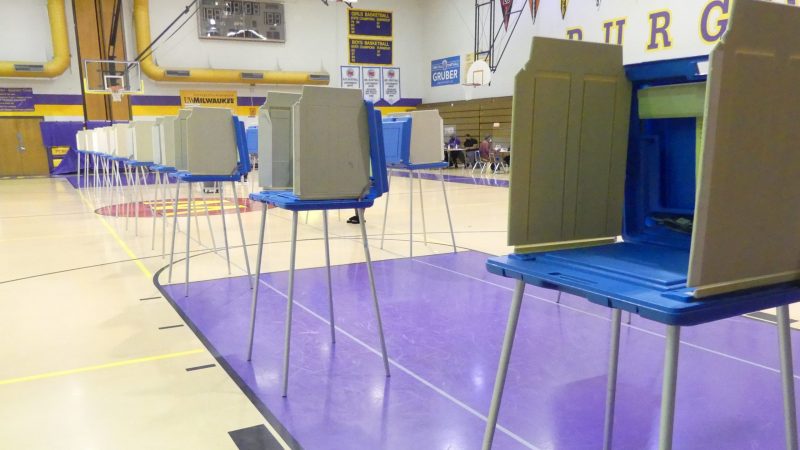The Wisconsin Elections Commission Tuesday put independent Robert F. Kennedy Jr. and the Green Party’s Jill Stein on Wisconsin’s presidential ballot despite partisan disagreements over whether they belong there.
GOP appointees originally pushed to honor a request by Kennedy to be kept off the ballot despite Dem objections that isn’t allowed under state law. Two Dem appointees, meanwhile, questione...
Please log in to access subscriber content.
If you don't have a subscription, please contact schmies@wispolitics.com for subscription options on the WisPolitics-State Affairs platform, which is the new home for WisPolitics subscriber products.


